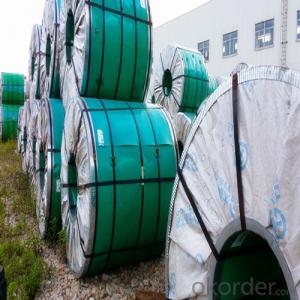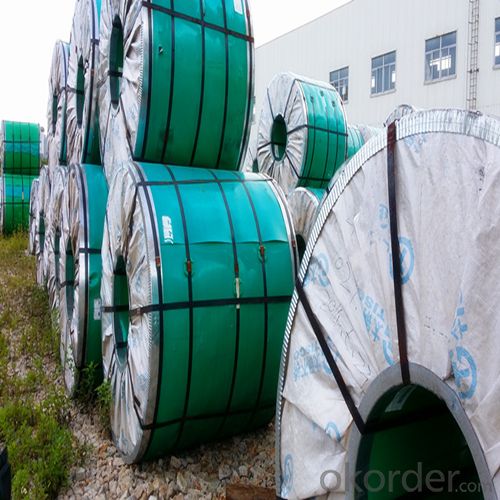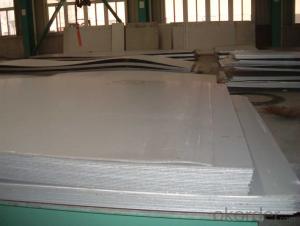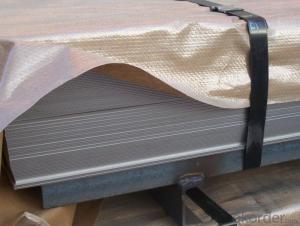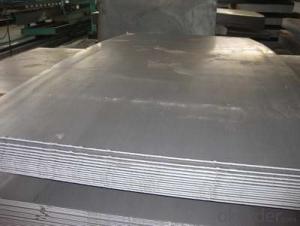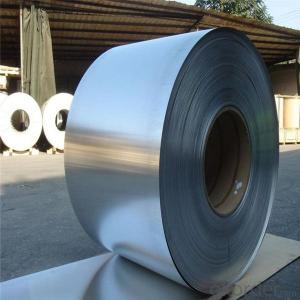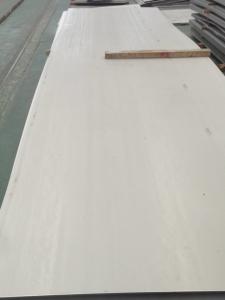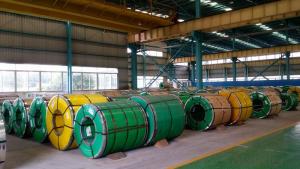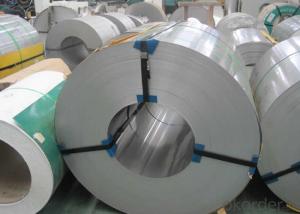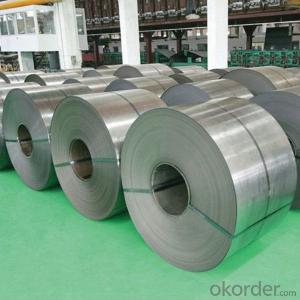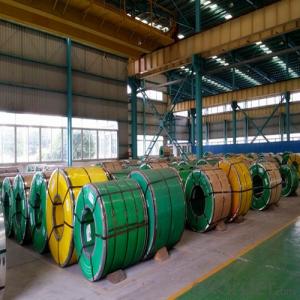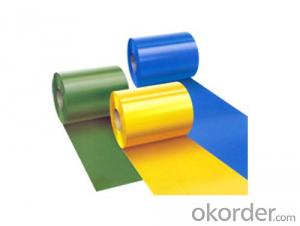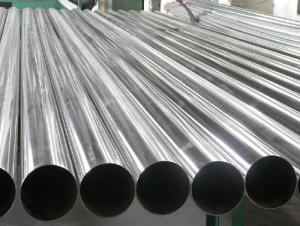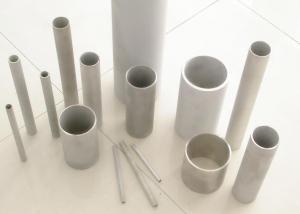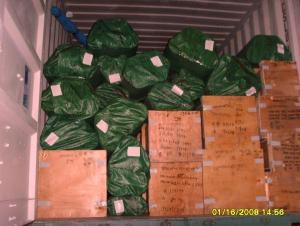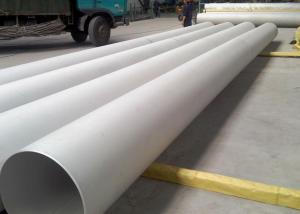Stainless Steel Coil Hot Rolled 410 Grade
- Loading Port:
- Tianjin
- Payment Terms:
- TT OR LC
- Min Order Qty:
- 100 m.t.
- Supply Capability:
- 10000 m.t./month
OKorder Service Pledge
OKorder Financial Service
You Might Also Like
1.Structure of Stainless Steel Coil:
Stainless steel coil is a production which not easy rust, acid resistance and corrosion resistance, Stainless steel coil is a new kind of Austenite stainless steel by used Mn, N replace Ni. so it is widely used in light industry, heavy industry, daily necessities and the decoration industry. Stainless steel coil has good corrosion resistance and hot / cold processing performance, instead of stainless steel products for used in the not high of corrosive environment, such as indoor, inland city outdoor etc.
2.Main Features of the Stainless steel coil:
1) High Quality: Using Latest automated control equipment to ensure the quality
2) Best Price: With most automated equipments to ensure our price is lower than the market
3) Fast Delivery: The delivery date within 20 das after get your order
4) Best Service: Our after-sell service team will help you to slove all the problems about the order
3. Stainless steel coil Images
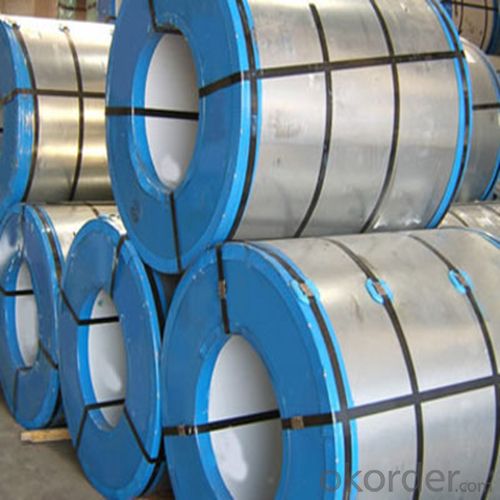
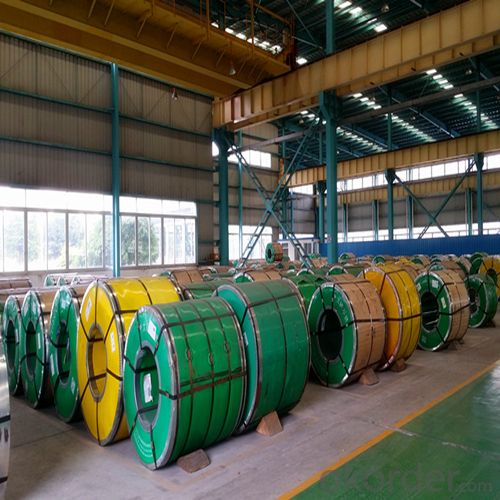
4. Stainless steel coil Specification
Product name: 304 Stainless Steel Coil
Thickness: 0.2mm to 1.5mm
Technical: Cold Rolled
Width: 10mm to 1240mm
Type: 200 Series
Length: As customer's requested
Standard: JIS, SUS
Finish: BA, 2B, 8K, NO.3, NO.4, HL
MOQ: 100 MT
Ship Term: FOB Shenzhen port or CNF import port
Delivery Time: 15 to 20 day after the receive the deposit or LC
Packaging: By wooden pallet, wooden case or according to customer's request
5.FAQ
We have organized several common questions for our clients,may help you sincerely:
1) How about your company?
2) A world class manufacturer & supplier of castings forging in carbon steel and alloy steel,is one of the large-scale professional investment casting production bases in China,consisting of both casting foundry forging and machining factory. Annually more than 8000 tons Precision casting and forging parts are exported to markets in Europe,America and Japan. OEM casting and forging service available according to customer’s requirements.
3) How long can we receive the product after purchase?
4) In the purchase of product within three working days, We will arrange the factory delivery as soon as possible. The pecific time of receiving is related to the state and position of customers.Commonly 7 to 10 working days can be served.
- Q: How do you prevent fingerprints and smudges on stainless steel sheets?
- To prevent fingerprints and smudges on stainless steel sheets, you can use the following methods: 1. Clean with a microfiber cloth: Use a soft microfiber cloth to wipe down the stainless steel surface regularly. This will help remove any fingerprints or smudges quickly without leaving scratches. 2. Use a mild detergent: Mix a few drops of mild dish soap with warm water and dampen the microfiber cloth. Gently wipe the stainless steel surface in the direction of the grain, then rinse and dry with a clean cloth. 3. Apply stainless steel cleaner: There are specific stainless steel cleaners available in the market. Follow the instructions on the product and apply it to the surface using a soft cloth. This cleaner will help repel fingerprints and leave a protective coating on the stainless steel. 4. Avoid harsh cleaners and abrasive materials: Avoid using abrasive cleaning pads, steel wool, or harsh chemicals as they can scratch the stainless steel surface. Stick to gentle cleaning methods to maintain its shine. 5. Use gloves: When handling stainless steel sheets, wear gloves to prevent leaving fingerprints or smudges on the surface. By following these preventive measures, you can keep stainless steel sheets free from fingerprints and smudges, ensuring a clean and polished appearance.
- Q: What are the different types of stainless steel sheet thicknesses available?
- There is a wide variety of stainless steel sheet thicknesses to choose from, each serving different purposes and applications. The most commonly used thicknesses range from 0.4mm to 3.0mm, with increments of 0.4mm. These sheets are typically utilized in general applications such as construction, automotive parts, and household appliances. For more specialized applications, one can find thinner stainless steel sheets with thicknesses ranging from 0.1mm to 0.3mm. These thinner sheets are commonly employed in industries like electronics, telecommunications, and medical equipment manufacturing, where precise and delicate components are necessary. On the other hand, thicker stainless steel sheets, starting from 3.0mm and going up to 20mm or more, are reserved for heavy-duty applications like industrial machinery, shipbuilding, and construction projects that require exceptional structural integrity and durability. It's important to keep in mind that the available stainless steel sheet thicknesses may vary depending on the manufacturer and the intended use. Moreover, custom thicknesses can be manufactured to meet the specific requirements of a project.
- Q: Can stainless steel sheets be used for elevator panels?
- Indeed, elevator panels can make use of stainless steel sheets. Stainless steel, being highly durable, strong, and visually appealing, is a favored material for elevator panels. Its resistance to corrosion, damage, and wear makes it ideal for high-traffic regions such as elevators. Furthermore, stainless steel panels are effortless to clean and maintain, which is crucial for preserving a pristine and polished appearance within elevators. Moreover, stainless steel can be easily tailored and manufactured to suit precise elevator dimensions and design necessities. All in all, stainless steel sheets represent a dependable and adaptable choice for elevator panels.
- Q: Are stainless steel sheets suitable for oil and gas applications?
- Yes, stainless steel sheets are suitable for oil and gas applications. Stainless steel is known for its excellent corrosion resistance, making it highly suitable for use in harsh environments such as those found in the oil and gas industry. It can withstand exposure to a wide range of corrosive substances, including acids, alkalis, and saltwater, without deteriorating or corroding. Additionally, stainless steel has high strength and durability, making it capable of withstanding high-pressure conditions typically encountered in oil and gas operations. It is also resistant to high temperatures, which is important in applications where heat resistance is required. Furthermore, stainless steel sheets can be easily fabricated and shaped to meet specific design requirements, allowing for flexibility in engineering and construction. Overall, the combination of corrosion resistance, strength, and versatility makes stainless steel sheets an excellent choice for use in oil and gas applications.
- Q: Can stainless steel sheets be used in industrial applications?
- Yes, stainless steel sheets can definitely be used in a wide range of industrial applications. Stainless steel is known for its excellent corrosion resistance, durability, and strength, making it ideal for various industrial environments. It is commonly used in sectors such as automotive, aerospace, construction, manufacturing, food and beverage, chemical processing, and many others. Stainless steel sheets are often used for their ability to withstand high temperatures, harsh chemicals, and extreme conditions. They can be fabricated into different shapes and sizes, making them suitable for a wide range of applications. Stainless steel sheets are commonly used for manufacturing equipment and machinery, storage tanks, pipelines, architectural structures, and as a protective layer on surfaces that require resistance to corrosion. Furthermore, stainless steel sheets offer hygienic properties, making them suitable for applications in the food and beverage industry. They are easy to clean, maintain, and sterilize, ensuring compliance with strict industry standards. In summary, stainless steel sheets are versatile and reliable materials that can be effectively used in various industrial applications due to their exceptional corrosion resistance, durability, strength, and hygienic properties.
- Q: Can stainless steel sheets be used for elevator ceiling panels?
- Stainless steel sheets are indeed suitable for elevator ceiling panels. Elevator interiors often feature stainless steel due to its durability, attractive appearance, and low maintenance requirements. Elevator ceilings adorned with stainless steel sheets exude a contemporary and polished vibe while being highly resistant to corrosion, stains, and scratches. Moreover, stainless steel is renowned for its hygienic properties and effortless cleaning, rendering it an ideal choice for elevator ceilings that prioritize cleanliness and hygiene.
- Q: Are stainless steel sheets resistant to intergranular corrosion?
- Yes, stainless steel sheets are generally resistant to intergranular corrosion. This is because stainless steel contains a high percentage of chromium, which forms a protective oxide layer on the surface of the metal. This oxide layer acts as a barrier, preventing the metal from coming into contact with corrosive elements in the environment. However, in certain conditions, such as exposure to high temperatures or welding processes, the chromium in stainless steel can be depleted, leading to the formation of chromium carbides at the grain boundaries. This can result in intergranular corrosion, also known as sensitization. To mitigate this, stainless steel sheets can be treated through a process called stabilization, which involves adding elements like titanium or niobium to the steel to bind with the carbon and prevent the formation of chromium carbides. Overall, stainless steel sheets are highly resistant to intergranular corrosion, but precautions should be taken in specific situations to maintain their corrosion-resistant properties.
- Q: How do stainless steel sheets differ from regular steel sheets?
- Stainless steel sheets differ from regular steel sheets primarily in terms of their composition and properties. While regular steel sheets are made of iron and carbon, stainless steel sheets contain additional alloys such as chromium, nickel, and manganese. This composition gives stainless steel sheets a higher resistance to corrosion, making them more durable and suitable for applications where exposure to moisture or harsh environments is a concern. Additionally, stainless steel sheets have a distinctive shiny appearance, known as the stainless steel "finish," which can be maintained even with frequent use.
- Q: Are stainless steel sheets suitable for brewing equipment?
- Yes, stainless steel sheets are highly suitable for brewing equipment. Stainless steel is a popular material choice for brewing equipment due to its excellent corrosion resistance, durability, and hygienic properties. It is resistant to rust, stains, and chemical reactions, which makes it ideal for contact with liquids and food-grade applications. Stainless steel sheets provide a smooth and non-porous surface, preventing the growth of bacteria and facilitating easy cleaning and sanitation. Additionally, stainless steel has high heat resistance, allowing it to withstand the temperatures involved in brewing processes without warping or deforming. Overall, stainless steel sheets are a reliable and long-lasting option for brewing equipment.
- Q: Are stainless steel sheets suitable for chemical reactors?
- Yes, stainless steel sheets are indeed suitable for chemical reactors. Stainless steel is highly resistant to corrosion, which makes it an ideal material for handling various chemicals and withstanding harsh environments. Its durability, strength, and ability to maintain structural integrity under high temperatures and pressure make stainless steel sheets a reliable choice for chemical reactor construction. Additionally, stainless steel's non-reactive nature ensures that it does not contaminate or react with the chemicals being processed, ensuring the integrity and safety of the reactor.
Send your message to us
Stainless Steel Coil Hot Rolled 410 Grade
- Loading Port:
- Tianjin
- Payment Terms:
- TT OR LC
- Min Order Qty:
- 100 m.t.
- Supply Capability:
- 10000 m.t./month
OKorder Service Pledge
OKorder Financial Service
Similar products
Hot products
Hot Searches
Related keywords
